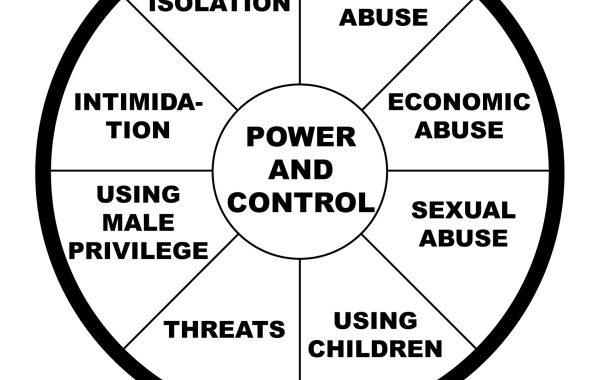Leslie’s Story
I was reminded of Leslie’s story and the horrifying statistics about violence against women as I listened to the recent heartbreaking news report of a special education teacher that was fatally shot, while in her classroom, by her estranged husband. A sad truth is that many stories like these go untold, unnoticed and are repeated day after day. It could happen to any of us – your sister, your mother, your daughter, a friend or you. Some men are victims too. Here’s one woman’s story that did not make the news.
It was a cold day in the city. So 30 year old Leslie* borrowed her mother’s heavy coat as she headed out to work. She ventured out in confidence, believing her estranged husband was behind bars for disturbing the peace and making verbal threats against her life a few nights before. Little did she know that her abuser had gotten out on bail and decided to discreetly follow and violently confront her with a deadly weapon.
Sadly, Leslie’s story is not uncommon. Every 9 seconds in the US a woman is assaulted or beaten. Around the world, at least one in every three women has been beaten, coerced into sex or otherwise abused during her lifetime. Most often, the abuser is a member of her own family. Domestic violence is the leading cause of injury to women—more than car accidents, muggings, and rapes combined.[i]
Many times these cases involve red flag issues surrounding power and control that can destroy even non-violent relationships. What’s interesting is that frequently the actions that result from this power and control dynamic are not caused by a sense of over-importance, but are instead driven by fear, vulnerability and incompleteness. We all want to feel loved and desired in a deep, instinctual way. But when some people don’t think they have access to those emotions and make destructive choices based on their uncontrolled emotions that may have been influenced by poor role models or past trauma, then they might lash out and create a dangerously controlling and negative environment.
This was Leslie’s story. She had been married for 4 years too long and had attempted to run away from her abuser several times during their tumultuous relationship. Each time she ran away she was followed and out of fear, lured back into the cycle of violence. She thought this time was different because she ran far away to another city and had the courage to tell her story to family and the police. But as often is the case, things got worse before they got better. Her abuser was not derailed by distance and attacked her with a knife at a train station. Her coat was soaked with blood, her vision impaired and she was left with permanent scars. Thankfully she found help and is now free of the abuse and lived to tell her story. But not everyone survives.
Power and control are serious issues in a relationship, and can severely escalate down the line. If your partner is showing any of the signs of power and control in the cycle of violence, then it’s time to seek help immediately. In Chapter 3 of my book Blockbuster Love – Lessons from the Movies on How to Create Lasting Love: Part 1 Romance, I discuss the lesson that love is not obsession. “Sometimes…people mistake intense infatuation for being deeply and ‘crazy in love.’ Often these impulsive feelings are used as justification for the strength of their love when in fact it may suggest more of the intensity of their loneliness or fear of being alone. This can also lead to obsession.” It can also lead to desires to control another person and actions that support those desires.
Here are some warning signs to look out for:
- Coercion and threats
- Isolation
- Emotional abuse
- Verbal abuse
- Deny, blame and minimizing
- Punishing behaviors
- Economic abuse
- Intimidation
- Shame, guilt and/or fear
Healthy relationships are never abusive. If you’re concerned about yourself or someone that you know being in an abusive relationship, seek help now! Call 911 or you can call the National Domestic Violence Hotline at 1-800-799-7233 or visit their website at http://www.thehotline.org/ for more information. Your life is valuable. Don’t be afraid or ashamed to ask for help.
*Name and identifying details have been changed to protect the privacy of the individual.
[i] http://domesticviolencestatistics.org/domestic-violence-statistics/
- Is Love Really Blind? Exploring the Psychology of Authentic Connections - March 15, 2024
- Navigating Relationship Trauma: Healing for Valentine’s Day and Beyond - February 13, 2024
- Mindful Resolutions: Making MentalWell-being a Priority in the New Year - January 25, 2024
